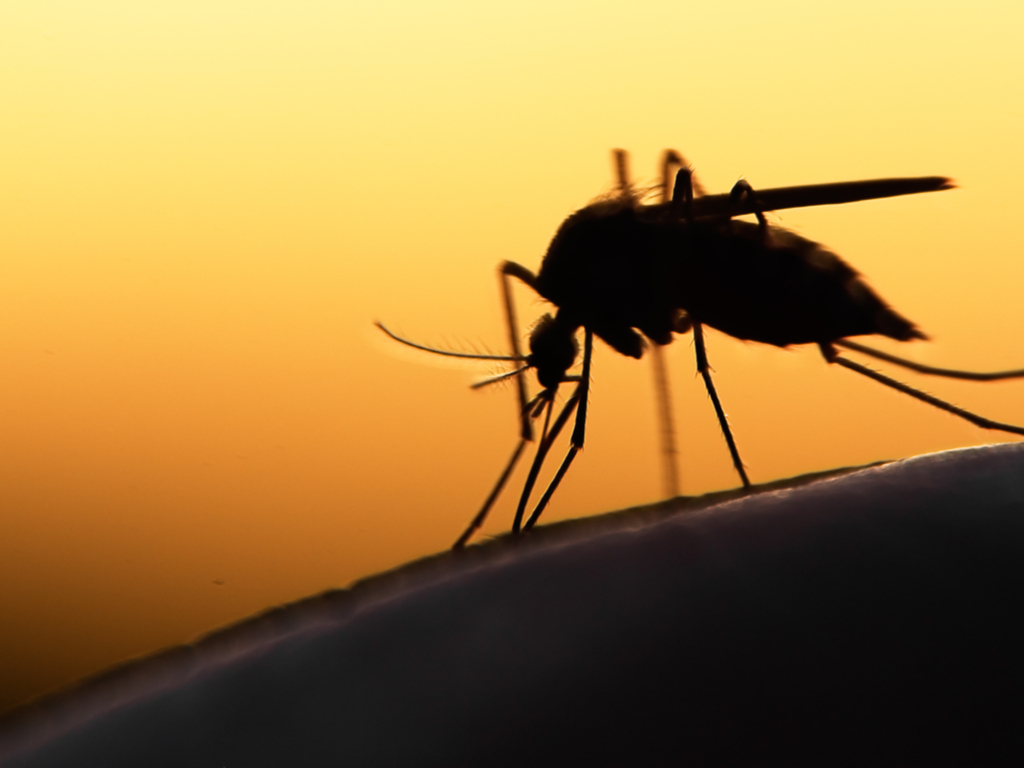Mozzie virus alert for all Eastern states

High rainfall across the Eastern states has boosted mosquito populations and the insects are bringing an added risk this year – Japanese encephalitis.
Japanese encephalitis virus has been detected in samples from commercial pig farms at five locations in southern and western New South Wales indicating the virus is likely circulating in the mosquito population.
The virus is spread by mosquito bites and may affect animals, including pigs, migratory birds and humans.
Less than 1% of people infected with Japanese encephalitis experience symptoms including fever, joint pain, and rash. However the virus can cause severe a neurological illness with headache, convulsions and reduced consciousness.
NSW Health suggests simple actions to avoid mosquito bites include:
- Cover up as much as possible with light-coloured, loose-fitting clothing and covered footwear when outside.
- Use an effective insect repellent on exposed skin and reapply within a few hours. The best mosquito repellents contain Diethyl Toluamide (DEET), Picaridin, or oil of lemon eucalyptus.
- Use insecticide sprays, vapour dispensing units (indoors) and mosquito coils (outdoors) to clear rooms or repel mosquitoes from an area.
- Cover all windows, doors, vents and other entrances with insect screens.
- Remove any water-holding containers outside the house where mosquitoes could breed.
Fact sheets on specific mosquito-borne diseases, including Japanese encephalitis, Ross River virus and Barmah Forest virus, are available on the NSW Health vector borne disease fact sheets webpage.
